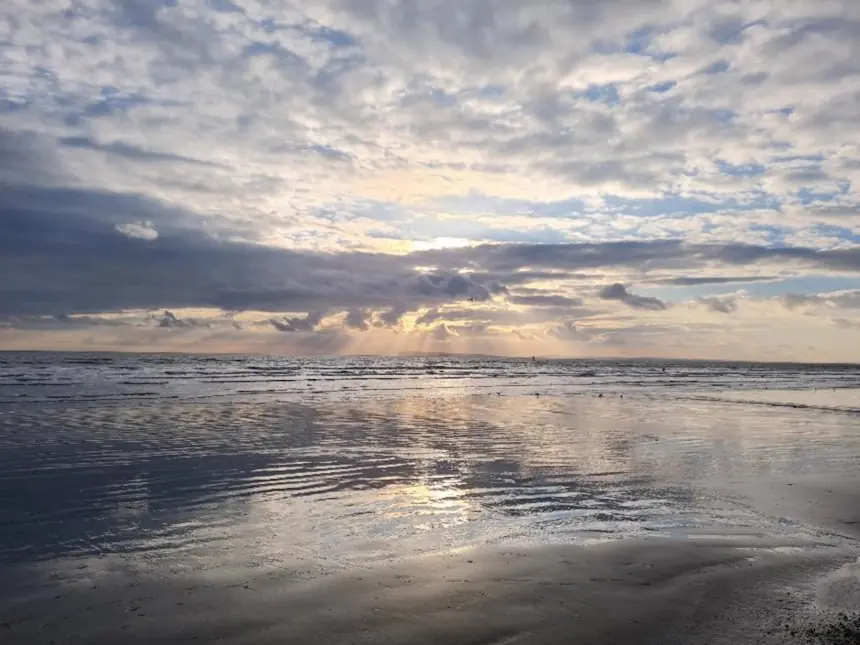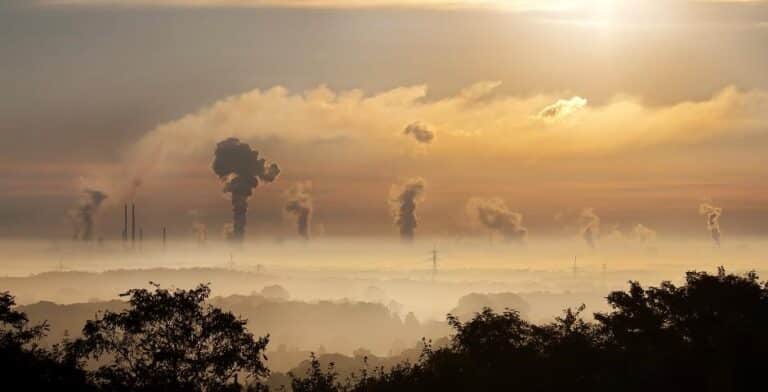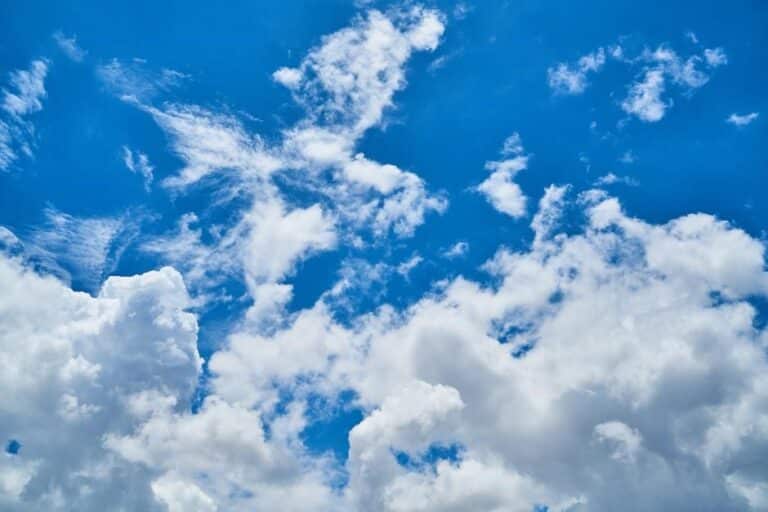7 Damaging Impacts of Climate Change to Know
Climate Change will have have major impacts across the globe during the coming decades. Consequently, both human society and the natural world will face difficult challenges.
Many are already beginning to be felt, whilst others will worsen over coming decades. With this in mind, below are 7 key impacts to know:
1. Loss of Arctic Sea Ice
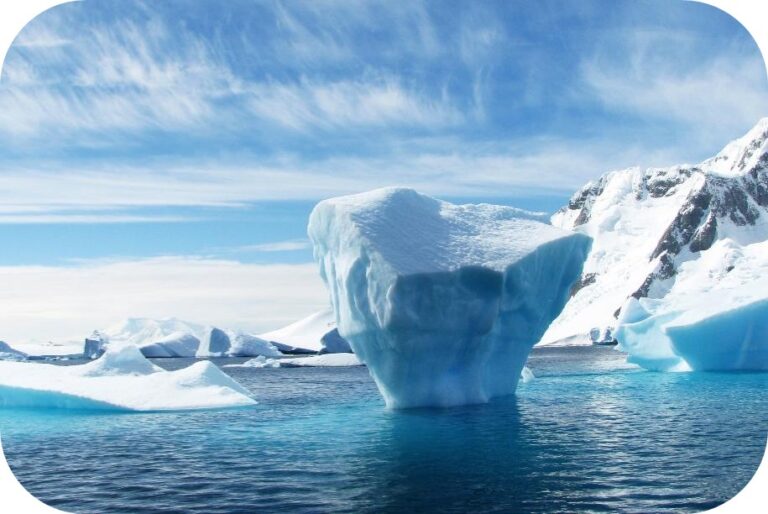
According to NASA, Arctic sea ice is shrinking at a rate of 12%. If this rate continue then the UN’s Intergovernmental Panel on Climate Change (IPCC) is warning of ice free Arctic summers, potentially by the 2040s.
This presents serious implications for the wildlife that inhabit this region. Additionally, the lesser reported impact on global albedo is of major concern.
Less ice means less sunlight reflected back out to space, which in turn results in more heat gain and subsequently more global warming.
2. Coastal flood risk to major cities

New York, London, Dubai and Melbourne are just a few examples of major cities facing increased flood risk as sea levels rise. The impact of climate change results in ice sheets and glaciers melting as temperatures rise.
Consequently, huge volumes of water are being released into oceans that were previously locked up on land. Better flood defences can be built, but these come at a cost, and the higher global temperature rise, the worse it will be.
Check out the great tools Climate Central provides if you want to see this risk mapped out.
3. Loss of coral reefs
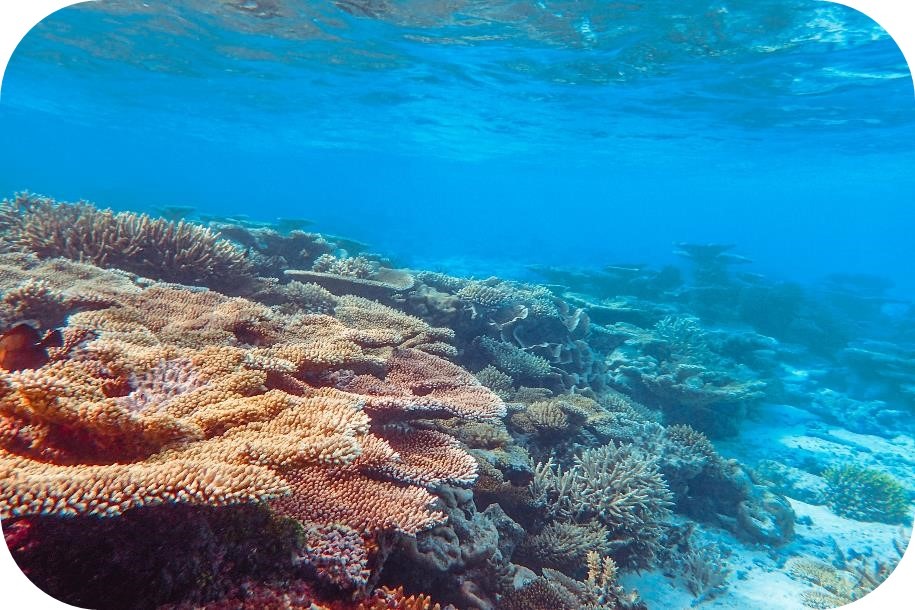
Tropical coral reefs are some of the most stunning habitats on Earth. Their incredible range of biodiversity and vivid displays of colour draw visitors in from around the world. But they exist in a delicate balance between coral and the algae that produce their beautiful displays of colour.
This balance is highly sensitive to disruptions in temperature. Consequently, when disrupted the coral often expel the algae populations they hold. This is called ‘coral bleaching’ and can result in death of the coral.
Warmer oceans are making the sight of such events increasingly common, with global temperature increases of beyond 1.5⁰c posing major risk to the future survival of the coral reefs.
4. Desertification of southern Europe
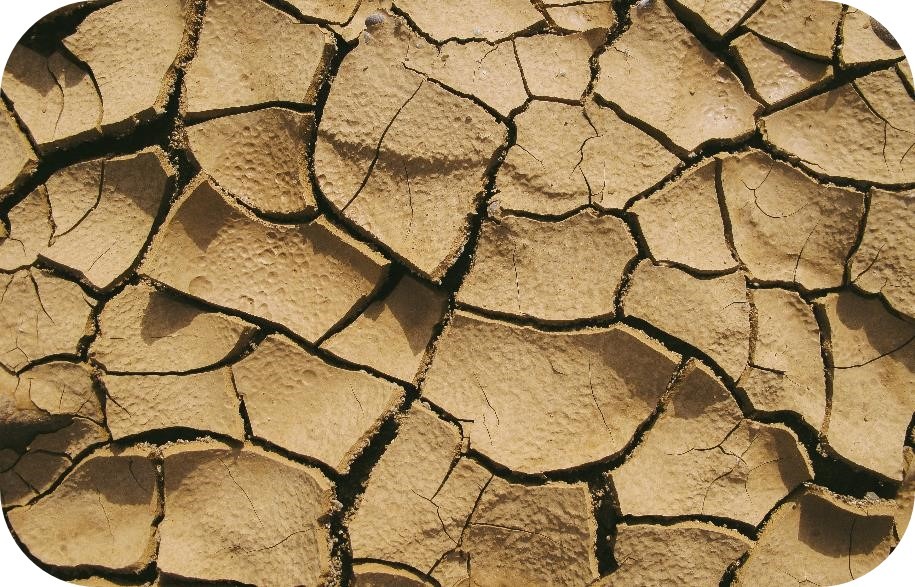
One of the most disruptive impacts of climate change will be rising heatwave intensity and reduced rainfall in summer months. According to various climate assessments, including the EU’s own, Southern Europe faces a growing risk of desertification as these impacts take hold.
Spain, Portugal and Greece are amongst those to be most acutely affected.
Not only is this a risk to the well-being of those living in these areas, but it stands to reason that these areas, currently well established holiday destinations, could suffer economic harm as visitors avoid the high temperatures.
5. Wildfires are increasing
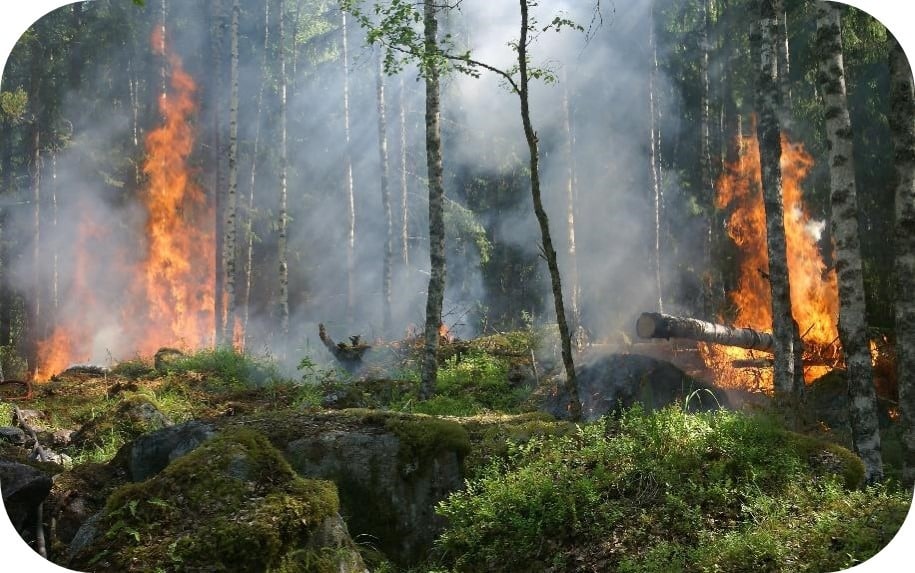
Summers are getting hotter, and in many places drier. Some cases result from expanding human developments and human action, but the changing climate does allow fires to ignite more readily and to spread at a faster rate.
Countless towns and villages could be at risk, as well as the wildlife that have nowhere to run.
6. Increased storm severity

Increasingly erratic and severe storm events will occur as the impacts of climate change takes effect. Simply put, there is more energy in the system for such events to feed off when they occur.
Ocean surface temperatures are warmer, meaning more evaporation can occur, which, along with the additional heat this carries, feeds the strength of storms and hurricanes.
7. Mosquitoes are spreading

Mosquitos are increasing their range and entering new territories as climate change impacts temperatures. The World Mosquito Programme has warned of the risk this poses to the spread of mosquito born diseases, including malaria and dengue fever.
Other parasites, such as ticks, will also expected to widen there range. Public Health organisations around the world are preparing to tackle this challenge and counter diseases they didn’t previously consider a risk.
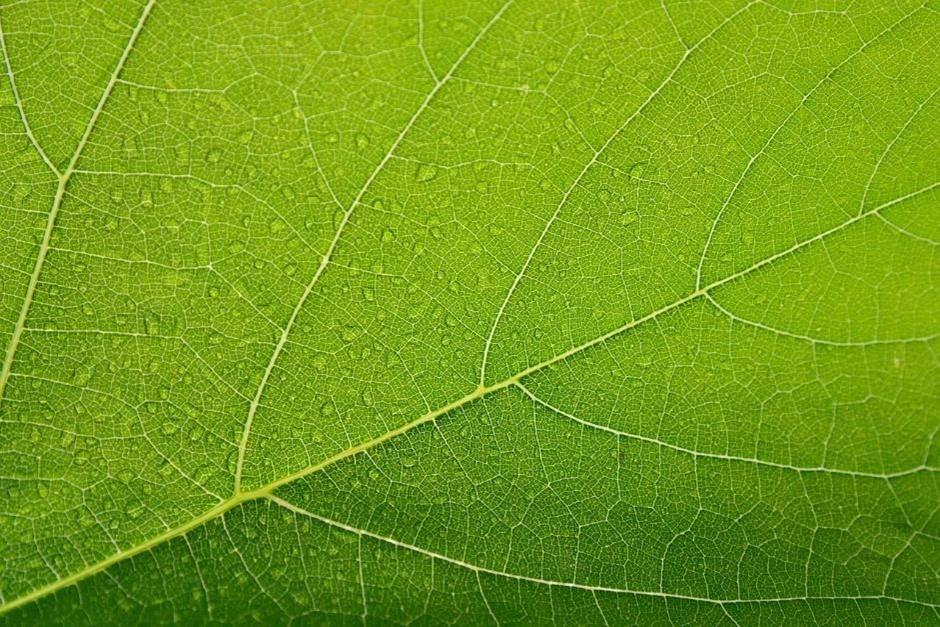
All Part of a Bigger Picture
The impacts of climate change listed here is by no means exhaustive. Many more impacts will occur, with severe consequences if they not prepared for.
To learn more read our summary of Climate Change, Made Simple, as well as our latest posts below. Our article on Carbon Net Zero will also give you valuable insight into the vital role the net zero initiative will play in limiting harm these impacts will have.

